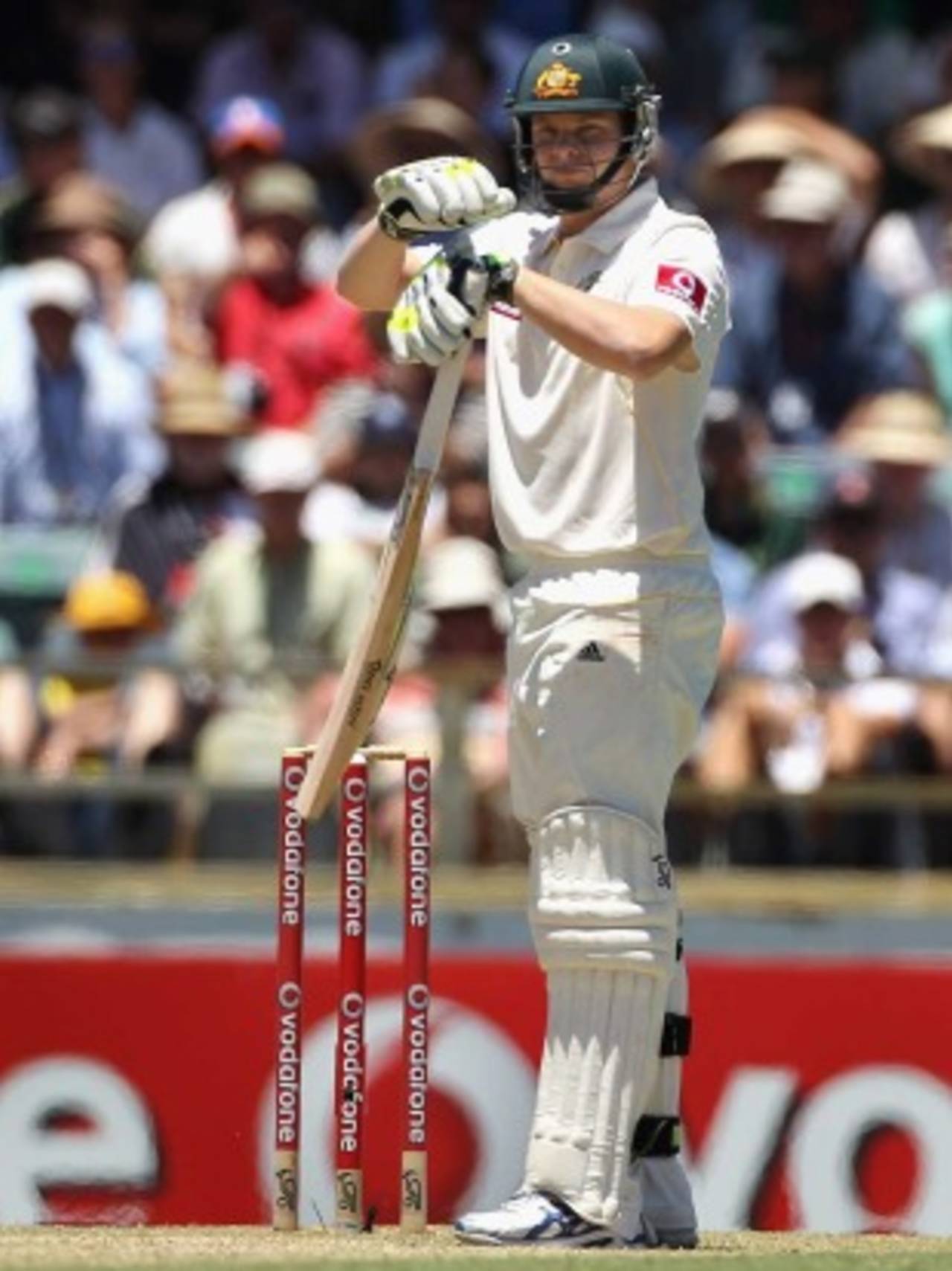The ICC's Cricket Committee unanimously recommended the use of the Decision Review System (DRS) in all Tests and also said it should be used in one-day internationals and Twenty20, but with just one failed review rather than two. It also encouraged cricket boards to use the pink ball in day-night first-class cricket to test its durability for the five-day game under lights and called for its trial in the Intercontinental Cup, involving Associate and Affiliate teams, later in the year.
The committee also proposed tweaks to enhance the ODI format, stricter penalties for over-rate offences and time wasting and even amending the law pertaining runners, suggesting they be done away with in international cricket, which an ICC spokesman confirmed to ESPNcricinfo was "under any circumstances".
These are, for the time being, just recommendations that will be tabled during the ICC's Chief Executives' Meeting in Hong Kong in June, where a decision will be taken on whether or not to ratify them.
The DRS system, a source of disagreement between several boards with its moments of controversy as well, was used for the entire duration of the 2011 World Cup where the committee agreed its application had been "successful". However, it still isn't used in all Test series with India continuing to argue against the system.
"The committee's recommendation that the DRS should be used in all formats of the game confirms two key conclusions that came from our discussions," Clive Lloyd, the committee's chairman, said. It shows the group's confidence in the system and it also highlights the committee's view that it does aid the umpires in making correct decisions."
Dave Richardson, the ICC's general manager of cricket, added that there was now even greater certainty over the accuracy of ball-tracking technology. "The level of believability in ball-tracking systems has improved," he said. "We are hoping the member boards, and we'll be frank the Indian cricket board, will follow suit and take cogniscance of that. We need consistency. It confuses the players and viewers if one series has DRS and the other not. Let us use it in every series possible."
Funding has been a major issue with the DRS with host boards and broadcasters left to pay bills but Richardson said that could change if it was used in all Tests. "I think if we get to a stage where all Full Members are happy to adopt the system for all Test series there would be the increased possibility that ICC could help fund the technology."
He added that the reduction to one failed review in ODIs and T20s would eliminate the 'hunch' that captains often use if they have spare reviews. If it proved successful Richardson said it could be considered for Test cricket, although the length of many innings means it's likely the system will remain at two failed requests.
The pink ball was trialled in Pakistan's first-class season earlier in the year, a practice the committee said should be embraced by other boards in at least one round of their respective four-day tournaments to go alongside the work done by MCC who have staged two matches in Abu Dhabi.
"The ICC remains determined to explore the possibility of day-night Test cricket but at the same time we have to ensure the integrity of that format is also protected," Richardson said. "The further trials proposed by the committee are a reflection of the fact we want to make sure that the pink ball is sufficiently durable to stand up to the rigours of first-class cricket."
There were a series of proposals made to make ODI cricket more appealing although the committee was "delighted" at the recent World Cup. They have suggested two balls be used in an innings, one from each end, as opposed to the current one which is changed at 34 overs for one of similar condition.
It also proposed that teams take the batting and bowling Powerplay between overs 16-40, and not after the 10th over, or following the 40th, as is usually the practice now to create more interest in the middle overs. Further to those, the committee called for experiments with newer ideas in domestic cricket, including removing restrictions for the maximum number of overs for a bowler, no compulsory close-catchers, number of bouncers allowed per over increased from one to two and a maximum of four fielders outside the 30-yard circles during the non-Powerplay overs.
Given the concern with poor over-rates, the committee proposed a captain in international cricket be suspended for one game if found guilty of two minor over-rate offences in the same format in a 12-month period, a harsher penalty than the one that currently exists where a captain is allowed three warnings.
Apart from doing away with runners, the committee, in a proposal that would prevent non-strikers from backing up too far, said bowlers be allowed to run them out provided they haven't completed their delivery swing. It also recommended an end to the practice of batsmen changing their direction while running between the wickets to obstruct the bowler or fielder's view while attempting a run-out which is often seen in one-day internationals.
Committee members Clive Lloyd, Sharad Pawar, Haroon Lorgat, Ian Bishop, Mark Taylor, Kumar Sangakkara, Tim May, Gary Kirsten, Clare Connor, Justin Vaughan, Trent Johnston, Ravi Shastri, Steve Davis, Ranjan Madugalle, David Kendix
